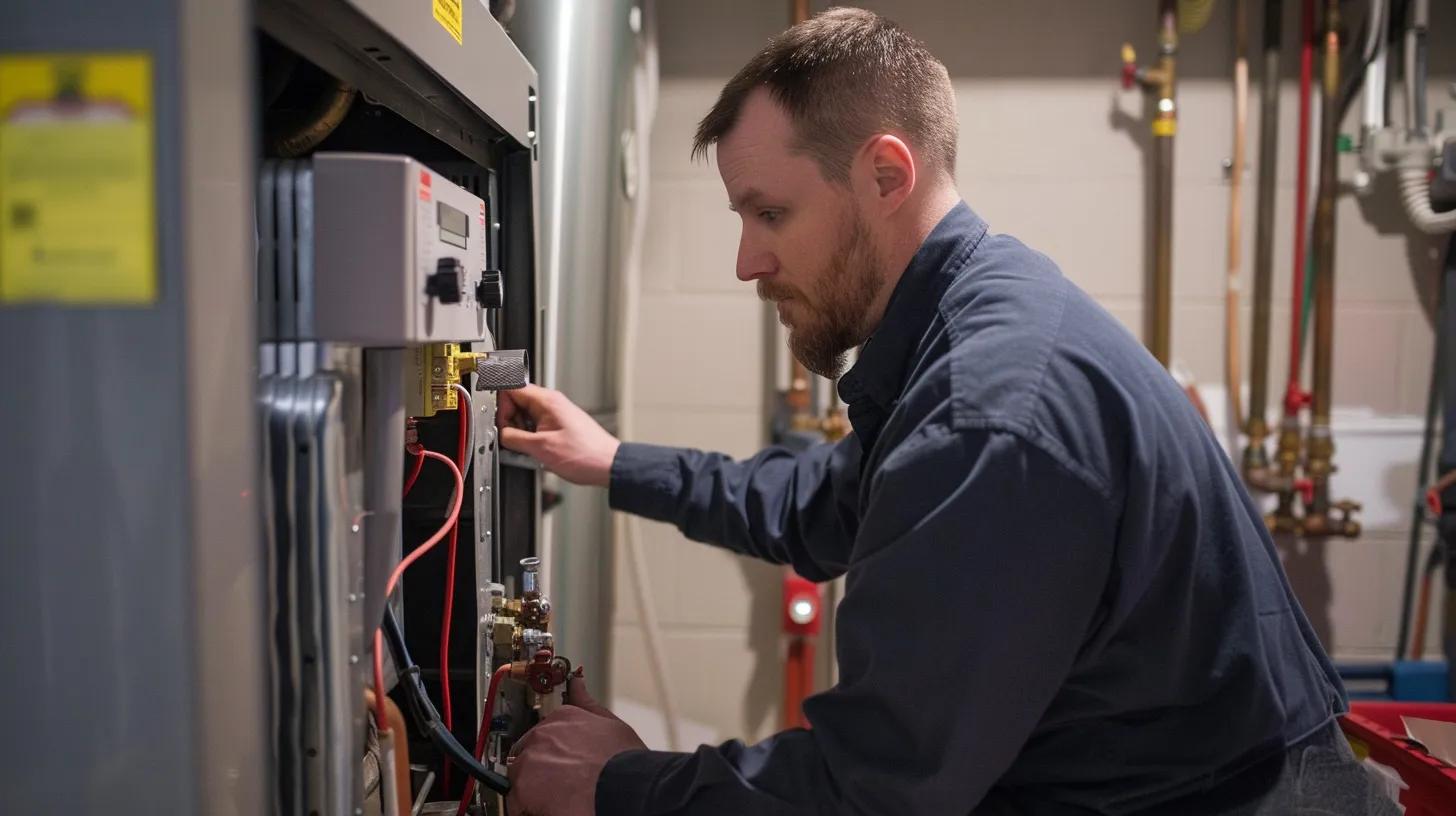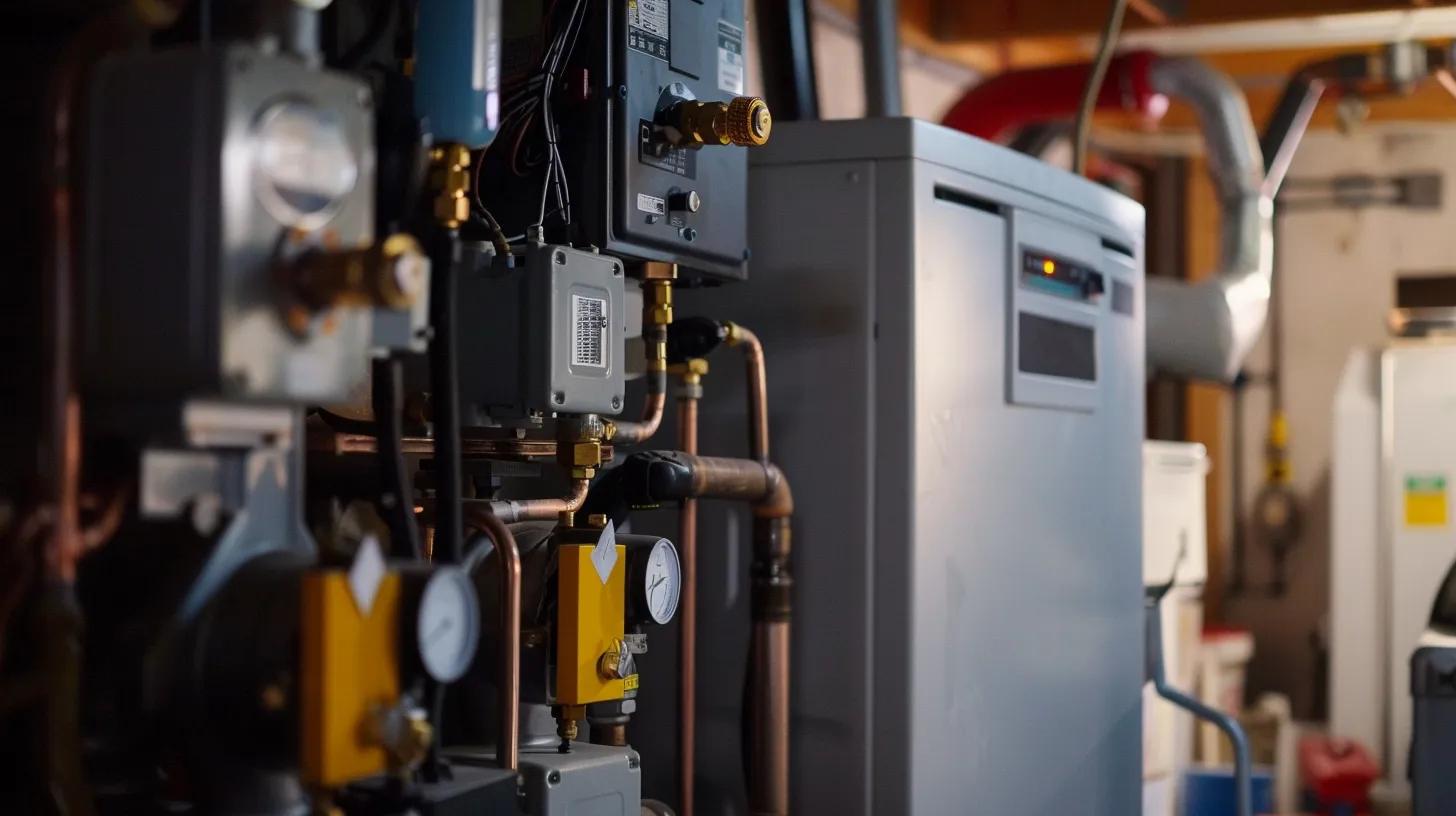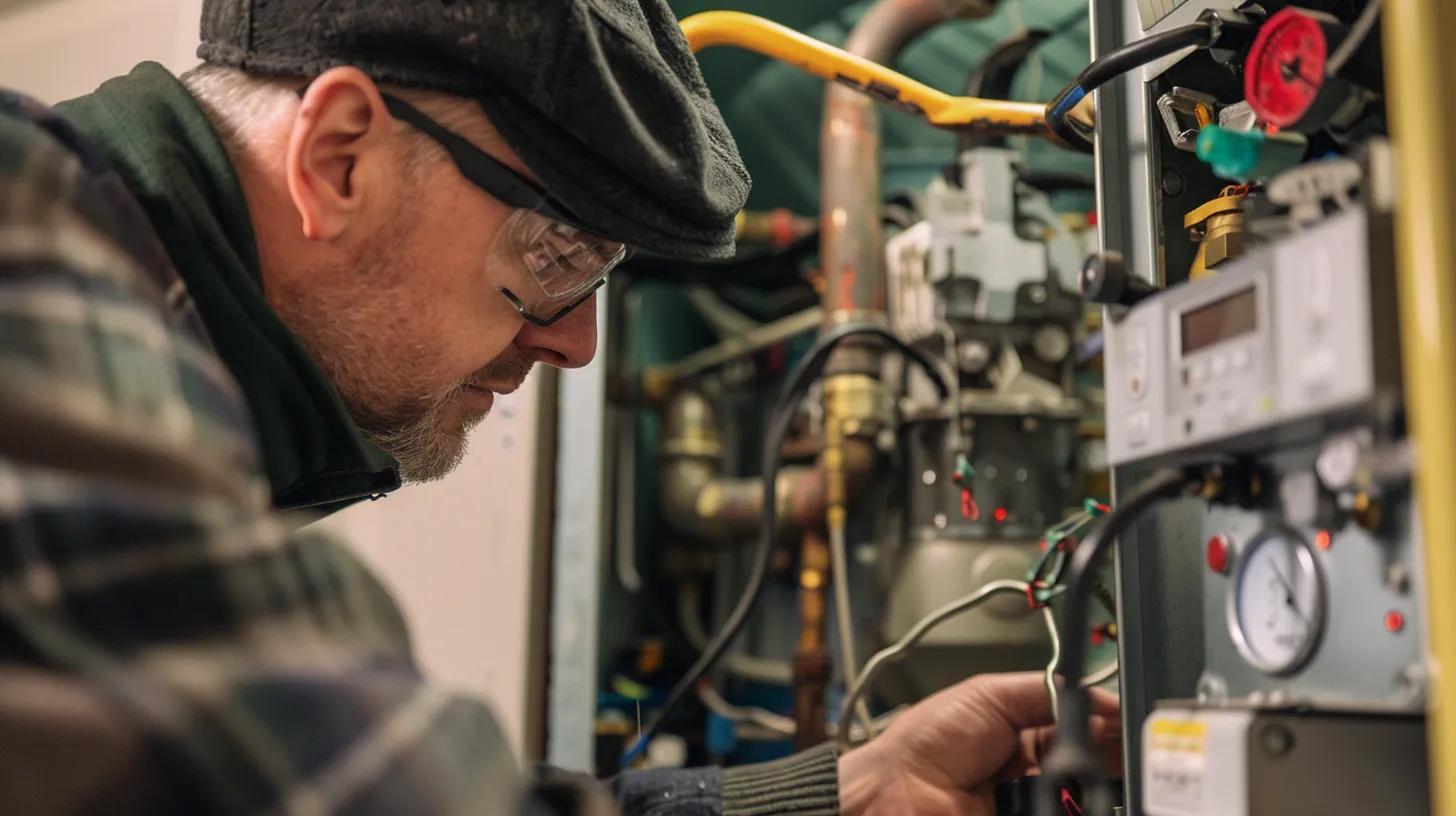Common HVAC Maintenance Tips
Regular maintenance is crucial for ensuring the longevity and efficiency of your HVAC system. Simple tasks such as changing air filters, cleaning coils, and checking thermostat settings can prevent larger issues and reduce energy costs.
For instance, replacing a clogged air filter can improve indoor air quality and increase system efficiency by up to 15%. Additionally, scheduling professional inspections at least once a year can help identify potential problems before they escalate, saving you time and money in the long run.
Signs Your HVAC System Needs Repair
Recognizing the signs that your HVAC system requires repair can save you from costly breakdowns. Common indicators include unusual noises, inconsistent temperatures, and increased energy bills, which may signal underlying issues.
For example, if your system is making a hissing sound, it could indicate a refrigerant leak, while a sudden spike in your utility bill may suggest that your system is working harder than it should due to inefficiencies. Addressing these signs promptly can extend the life of your HVAC unit.
Energy Efficiency and HVAC Systems
Improving the energy efficiency of your HVAC system not only lowers your utility bills but also reduces your carbon footprint. Investing in energy-efficient models and implementing smart home technology can significantly enhance performance.
For instance, Energy Star-rated units use up to 30% less energy than conventional models. Additionally, programmable thermostats allow homeowners to optimize heating and cooling schedules, further contributing to energy savings and comfort.
Understanding Indoor Air Quality
Indoor air quality (IAQ) is a critical aspect of home comfort and health, influenced by factors such as humidity, pollutants, and ventilation. Maintaining good IAQ can prevent health issues and enhance overall well-being.
For example, using air purifiers, regular duct cleaning, and ensuring proper ventilation can significantly reduce allergens and contaminants in your home. Monitoring humidity levels also plays a vital role, as excessive moisture can lead to mold growth and respiratory problems.







